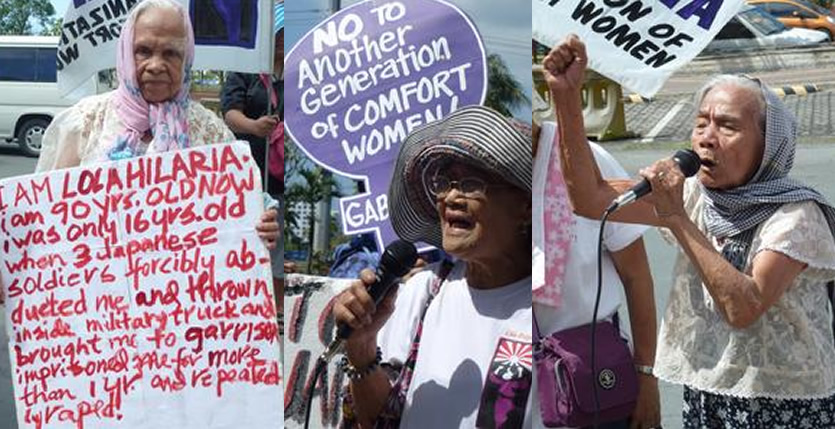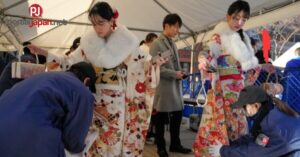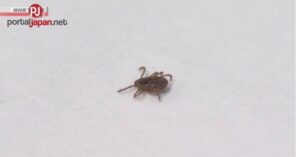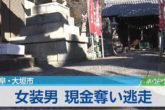Four Filipino women who said they were sexually abused by Japanese soldiers during World War II held a protest on Wednesday in the Philippine capital.
Four Filipino women who said they were sexually abused by Japanese soldiers during World War II held a protest on Wednesday in the Philippine capital to denounce Japan’s recent claims before the United Nations that there was no confirmation women were “forcibly taken away” by Japanese soldiers and brought to military brothels during the occupation period in the 1940s.
Hilaria Bustamante, who will turn 90 on Feb. 18, wrote about her own experience during the war on a whiteboard for people to see, and said, “We were not paid, nor did we volunteer ourselves.”
The rally was held first in front of the Japanese embassy in Manila, and then near the gates of the Philippine presidential palace.
The board Bustamante was carrying read: “I was only 16 years old when three Japanese soldiers forcibly abducted me and threw me inside a military truck and brought me to a garrison, imprisoned me for more than one year, and repeatedly raped (me)!”
Bustamante and the three other women taking part in the rally — Narcisa Claveria, 85, Estelita Dy, 85, and Felicidad de los Reyes, 87, are members of Lila Pilipina (League of Filipino Grandmothers), which originally grouped 174 women who publicly said in the 1990s they had suffered at the hands of Japanese soldiers during the 1942 to 1945 Japanese occupation of the Philippines. Only 70 of the original members are still alive.
Another group of “comfort women” — a euphemism for the mainly Asian women who were forced to work in Japanese military brothels during WWII — called the Malaya Lolas (Free Grandmothers), was originally composed of 90 members, but membership has dwindled to 33 over the years.
Both groups are demanding three things from the Japanese government: an official apology, just compensation and the inclusion of the comfort women issue in Japan’s historical accounts and textbooks. They have also sought support for their struggle from the Philippine government.
In its reply to the U.N. Committee on the Elimination of Discrimination Against Women early this year, the Japanese government stated that following a “full-scale fact-finding study on the comfort women issue since the early 1990s… ‘forceful taking away’ of comfort women by the military and Japanese authorities could not be confirmed in any of the documents that the (government of Japan) was able to identify” in a study on the issue.
It also said it has no intention of compensating comfort women other than those covered by the Asian Women’s Fund in the mid-1990s, including in China and East Timor, as it recently did for South Korean victims.
The reply also stated that the Japanese government “is not in a position to answer the question on the specific contents which are taken up in school textbooks and how these contents are described, since (it) does not adopt a government-designated textbook system.”
Dy lamented that the plight of Filipino victims was not discussed by Emperor Akihito and President Benigno Aquino during the former’s visit to the Philippines in late January.
“How lucky are those who died during the war, the Emperor visited them! But we, who suffered at that time and are still alive now, are continuously being neglected,” she said, referring to the Emperor’s efforts to mourn war dead during the trip.
“We are already old, and weak. We appeal for your compassion. We want justice,” she added.
Claveria, the most outspoken among the few victims who remain active, said she “will continue to be so until justice is served.”
“We are doing this not only for us, but for the next generation. We don’t want a repeat of what happened to us. So, the Japanese government must be made accountable,” she said.
Source and image: Kyodo

















Join the Conversation